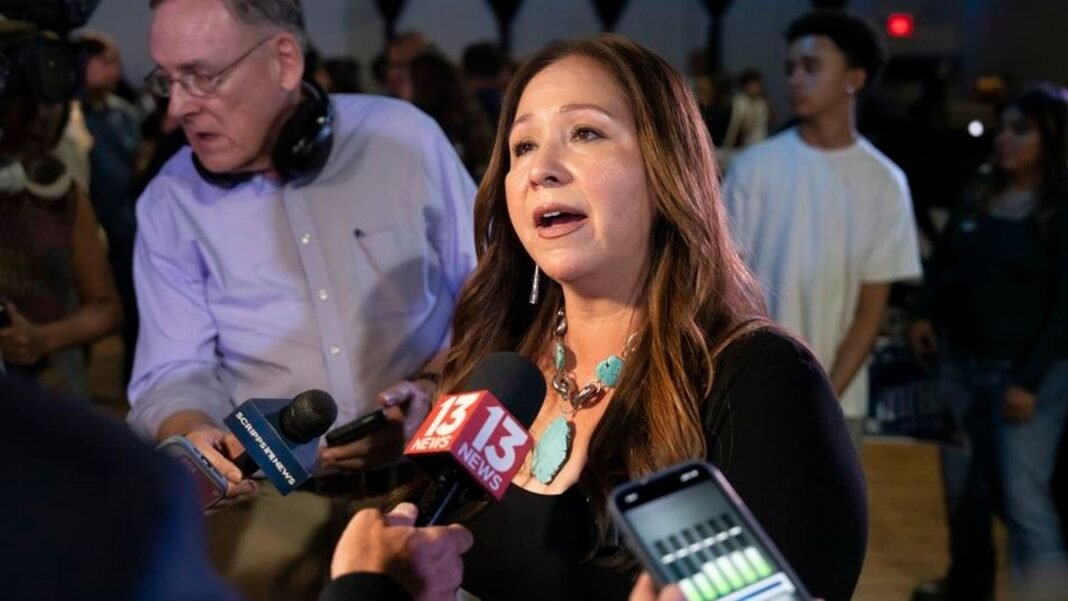Debate intensifies Over Potential Sale of Federal Student Loan Debt
the federal government is reportedly considering selling segments of its enormous $1.8 trillion student loan portfolio to private investors, marking a significant shift in how student debt is managed. This move reflects broader efforts to minimize the government’s direct involvement in student lending and reassign responsibilities within the Department of Education.
Recent Shifts in Federal Student Loan Policies
Since early 2023, several policy reversals have taken place, including the resumption of collections on defaulted loans that were previously paused during the COVID-19 relief period. New legislative measures have also tightened borrowing caps for graduate students from low- and middle-income households, phased out certain loan programs, and adjusted Pell Grant eligibility criteria aimed at assisting underprivileged students. Additionally, deferments based on economic hardship have been discontinued as part of these reforms.
Engagement with Financial Institutions and Valuation Challenges
Officials from both the Treasury and Education Departments are actively consulting with leaders in finance about this potential transaction.They plan to hire independent valuation experts or investment banks to assess the worth of federal student loans before any sale proceeds. However, industry analysts warn that private buyers may hesitate to pay premium prices since they lack government advantages such as indefinite collection timelines and legal immunities against borrower lawsuits.
Transforming Government Roles in Student Loan Oversight
An executive directive proposes dismantling certain banking functions within the Department of Education related to loan servicing. The plan suggests transferring these duties-pending congressional approval-to agencies better suited for financial management tasks,such as potentially moving oversight responsibilities to entities like the Small Business Administration.
Taxpayer Risks Associated With Selling Federal Debt
Critics argue that offloading federal student loans could shortchange taxpayers by fetching less than their actual value on secondary markets. Experts caution that public interests might not be adequately protected financially through such sales given market uncertainties and valuation complexities.
Legal Barriers Governing Federal Loan Sales
The Higher Education Act imposes strict conditions on selling federally held student loans: it requires interdepartmental consultation and mandates that any sale must avoid imposing costs on taxpayers-posing a significant legal obstacle for this initiative’s advancement.
A Historical Perspective: Prior Attempts at Privatization Efforts
This concept is not entirely novel; during previous administrations there were explorations into privatizing portions of federally owned debt portfolios. For example, consulting firms were engaged years ago to evaluate feasibility but no ample transactions materialized at those times due largely to political resistance and logistical challenges.
The Current Landscape: National Trends in Student Loan Management
- Total U.S. student loan debt: Exceeded $1.8 trillion by mid-2024 according to recent financial reports.
- Borower protections: Pandemic-related relief programs officially ended late last year after multiple extensions across different administrations.
- Diverse repayment struggles: Inflationary pressures continue reducing borrowers’ disposable income nationwide complicating repayment efforts substantially.
- Evolving market dynamics: Private lenders are increasingly competing with federal programs but frequently enough provide less borrower-friendly terms compared with government-backed options focused more on affordability than profit maximization.
“Transferring parts of this portfolio into private hands risks eroding affordable repayment structures critical for millions relying on manageable plans,” noted an education finance expert familiar with ongoing discussions (anonymous source).
Navigating Future Developments: Key Factors for Stakeholders
- Status updates regarding congressional decisions about agency role changes;
- Evolving negotiations between Treasury officials and prospective private sector purchasers;
- Lawsuits or legislative challenges centered around taxpayer safeguards embedded within current laws;
- The consequences for borrowers’ access to flexible repayment options if privatization moves forward;
- Economic forecasts analyzing long-term fiscal impacts affecting both taxpayers and students alike;
This unfolding scenario underscores complex tensions between shrinking governmental roles in education financing while ensuring protection for public interests amid one of America’s largest consumer debt sectors today.




